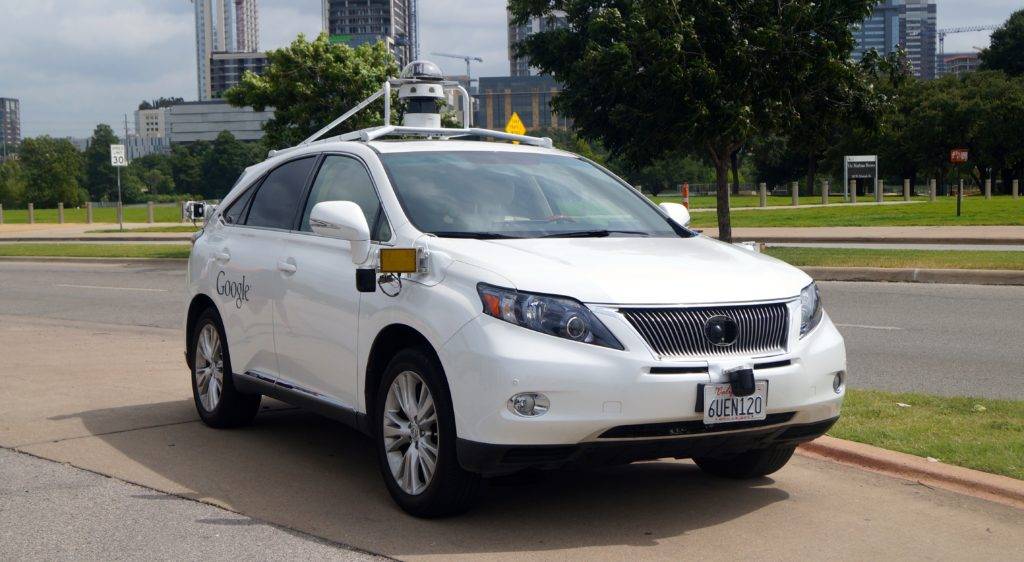An anti-petroleum nonprofit has launched a new commission dedicated to studying and publishing the best practices for autonomous car operators that plan to test cars on public roads.
Securing America’s Future Energy (SAFE) created the commission, dubbed the Commission on Autonomous Vehicle Testing and Safety, as a way to inform operators on the best practices and improve dialogue between operators and the public.
See Also: Get ready for a thermonuclear autonomous ride-hailing war
It comes at a delicate time for the autonomous car industry, two months after the fatal Tesla AutoPilot accident. Customer opinion on self-driving cars is at a low-point, with most drivers still not interested in a fully autonomous car.
SAFE trying to galvanize public perception
SAFE hopes a revitalized focus on safety will change public perception towards self-driving cars, which in turn could help regulations pass in the United States.
The National Highway Traffic Safety Administration is in the process of setting regulations for self-driving, but if these regulations miss the mark, SAFE may be a strong lobby group for automakers and tech firms to get autonomous cars legalized quicker.
The autonomous car industry already has a few lobby groups set up in Washington. Uber, Ford, Google, Lyft, Volvo and GM have all increased the amount spent on lobbying for autonomous car assurances, including less regulations.
SAFE has good reason for wanting legalization and adoption of self-driving, most reports say it reduce cars on the road by half. Operators like Google, Uber, and Tesla are also focused on all-electric vehicles, reducing the monopoly oil has in the automotive market.
The U.S. could be one of the first countries to adopt fully autonomous (Level 5) driving, but the public opinion may delay the NHTSA ruling. We suspect forward thinking states like California and Michigan will be open doors sooner, followed by federal legalization.


















